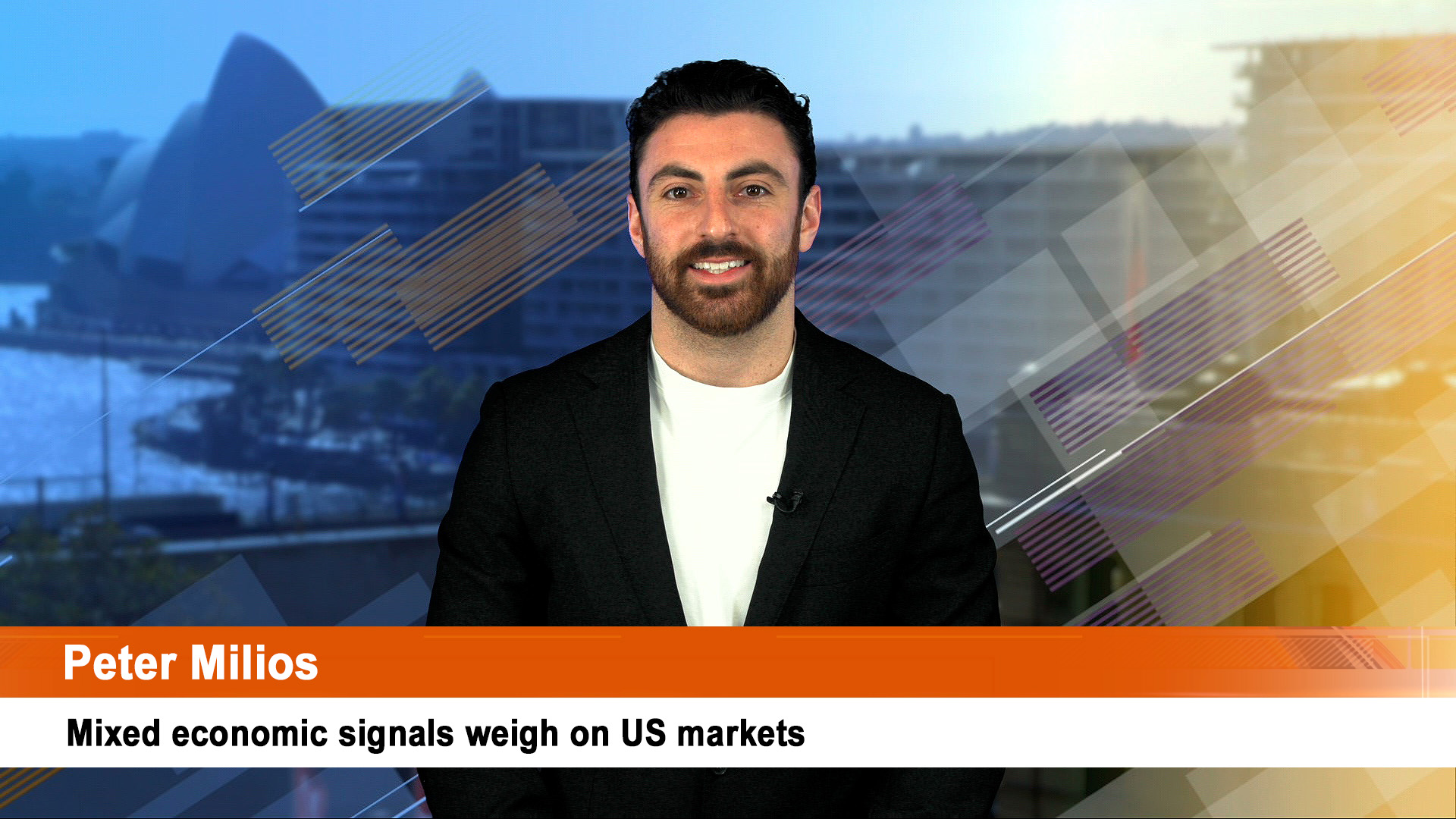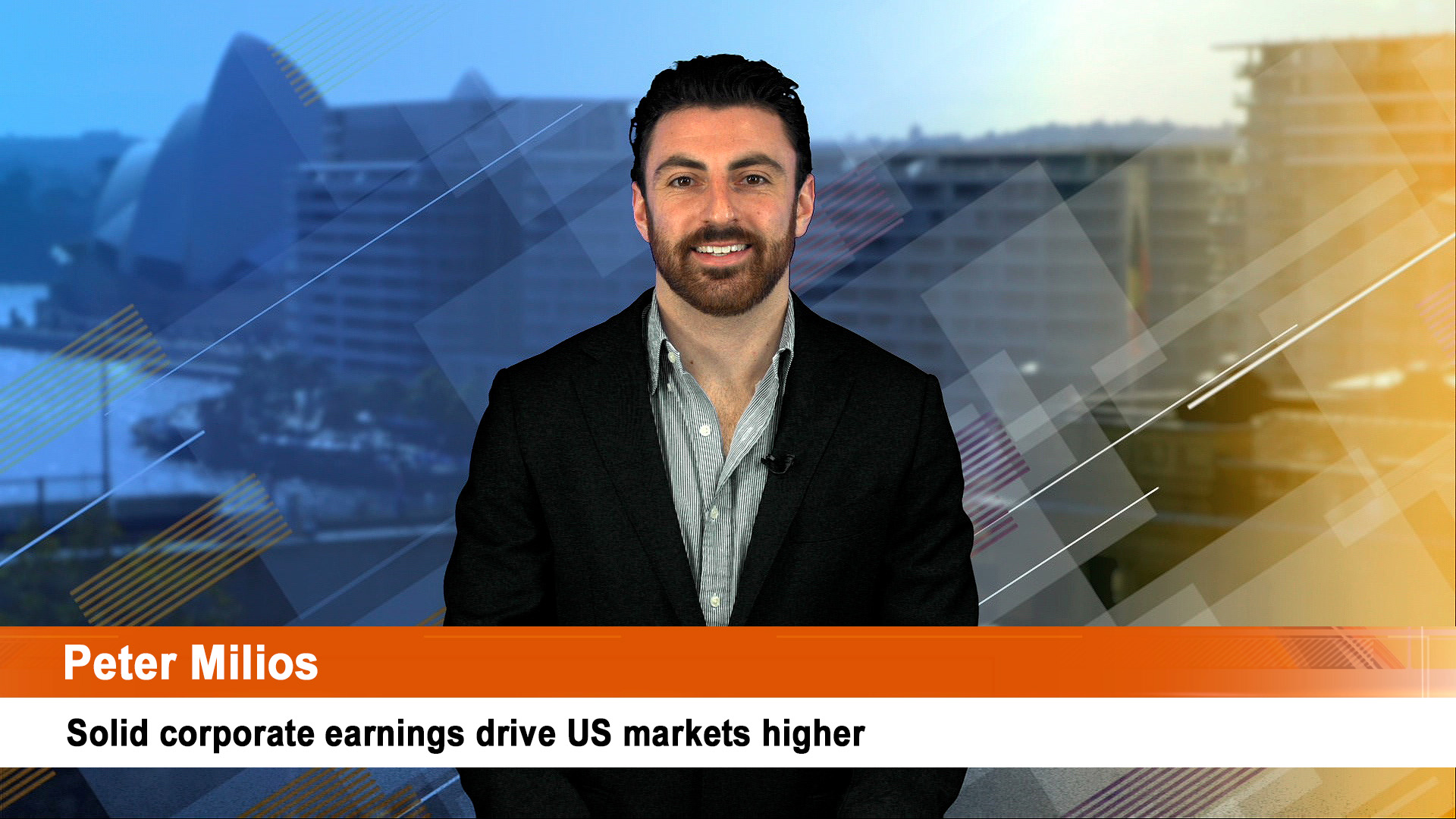A number of events and data releases this week will grab the attention of investors here and offshore.
In no particular order of importance, they include the final meetings for 2019 of the US Federal Reserve and the European Central Bank (ECB) plus important data from China, Japan, and the US.
There’s also the scheduled December 15 (next Sunday) 15% tariff impost on roughly $US155 billion of Chinese consumer goods imports into the US.
The results of the UK general election on Thursday probably won’t have as a big impact if the Conservatives win, as the polls suggest.
In Australia, the prime event will be the Westpac AGM on Thursday which could be one of the fieriest for a while.
The Fed reveals its decision early Thursday morning, Sydney time and is not expected to change interest rates (with the futures market putting the probability of a move at zero).
Friday’s strong jobs report for November ended whatever thought bears had for a rate movement by the Fed.
The focus will now be on the second quarter, but it is likely this week’s meeting will make it clear the Fed will sit and wait for a while. But no hint of a rate rise.
On the data front in the US, there’s the consumer price data for November – not much change is expected.
In the Eurozone, the ECB is not expected to make any changes to monetary policy given the big easing announced in September.
The AMP’s chief economist, Dr. Shane Oliver says new ECB President Lagarde will be watched closely to see what her views are going forward into 2020 and beyond.
In Japan, the final update of September quarter GDP growth (today) is expected to be revised up slightly from 0.1% quarter on quarter to 0.2% and the latest Tankan business from the Bank of Japan survey to be released Friday will likely show a softening in conditions.
In the UK, the polls suggest that the Conservatives will win the election on Thursday, which will mean that PM Johnson’s Brexit deal with the EU will be signed and the UK will have a soft exit from the EU (ie leave but retain current trading arrangements) by January 31 and then enter into negotiations for a free trade deal.
If Labor wins there will probably be another Brexit referendum and markets will fret about the far-left policies of Labor although these may be softened by the influence of other parties if Labour requires a coalition to govern. A Labour win does not seem likely.
Chinese inflation for November (tomorrow) is likely to slow slightly from 3.8% year on year given a recent fall in pork prices and underlying inflation will likely remain weak. Producer prices are again likely to be negative. The trade data yesterday painted a mixed story again.
In Australia, Dr. Oliver says the business conditions according to the NAB business survey for October (tomorrow) and consumer confidence (Wednesday) according to the Westpac/MI survey for November are likely to be soft.
House price data for the September quarter is likely to confirm the bounce back in dwelling prices that has been long ago reported by private-sector surveys with a 2% rise.
There’s a speech by RBA Governor Lowe at the Australian Payments Network summit tomorrow will be watched for any clues on rates.
And the Westpac annual meeting on Thursday is likely to be a heated affair after the shock of the Austrac money laundering claims and the decision by CEO Brian Hartzer, chair, Lindsay Maxstead of senior director, Evan Crouch to step down.













